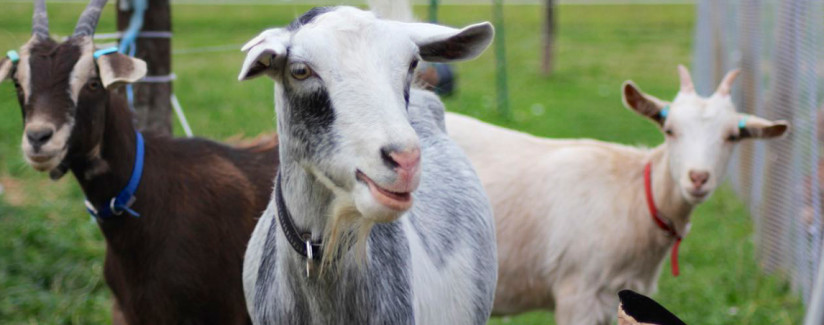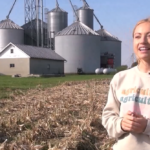
Antibiotics: Are They being Over-Used in Food Animals?
05/09/2011
The amount of antibiotics given to animals raised for food is a concern to many. Are they being over-used? Is this overuse creating antibiotic resistant superbugs in our families?
A recent article in the Huffington Post asked, “Are We Feeding a Health Crisis and Squandering the Cure?” In the article, the author, Laurie David – an environmentalist and producer and author of The Family Dinner: Great Ways to Connect with Your Kids, One Meal at a Time – states:
- Eighty percent of antibiotics go to food animals and much of them are used to make animals grow faster, not to treat them for infections.
- Today’s farmers are using antibiotics to compensate for crowded, unclean living conditions.
- Some scientists claim the misuse of antibiotics in food animals is a major contributor to global antibiotic resistance.
- The World Health Organization says we are headed into a “post-antibiotic era in which many common infections will no longer have a cure.”
Given the importance of this topic, we wanted to learn more. So we contacted Dr. Scott Hurd, former USDA deputy undersecretary for food safety and a veterinary professor at Iowa State University, for his thoughts.
On the subject of antibiotic use in food production, Dr. Scott Hurd provided these conclusions:
- Antibiotic resistance is a legitimate concern but studies do not back up the contention that antibiotic use in food animal production contributes to human health risk.
- We do not have strong data on human use to compare but it appears that possibly 75% of antibiotics are used in animals. However, only 13% are used for reasons other than the treatment of infections.
- It is not true that antibiotics are used to compensate for unclean conditions on today’s farms. The assumption is that if we went back to the way grandpa raised animals, we would not have a problem. Antibiotics were created for that time period and plenty of them were used back then.
- Antibiotics have been used on the farm for 50 or 60 years and they are still useful for the purposes they were created. This shows we have not created so-called “superbugs” on the farm.
- If we restrict the use of antibiotics on the farm, do we create the risk of unhealthy animals coming into the food supply? We have to be careful to not cause unintended consequences.
- Regarding the claim from the director-general of the World Health Organization: while it is possible that certain pathogens will require antibiotics that we currently don’t have, such a broad generalization across all antibiotics and all bacterial types borders on scare-mongering.
In Summary:
Although in total, animals use significantly more antibiotics than humans, that amount may not be excessive given that it is used to produce 135 billion pounds of nutritious and wholesome meat products. Animal agriculture recognizes that antibiotic resistance is a serious public health issue. Everybody involved in raising animals needs to take responsibility for their role. As scientists studying antibiotic use in food animals have seen, this is being done by establishing and following appropriate responsible use protocols.
Dr. Hurd concluded that if the responsible use of antibiotics is limited, it will result in food animal production having a greater environmental impact, reduced productivity, diminished animal health, and potentially higher food prices.
What are your thoughts? Do you think about or buy your meat based on whether antibiotics were used?
We would like to extend our sincere condolences to the family and friends of Dr. Scott Hurd, who passed away on Thursday, March 27, 2014.
Image: “Tim, Bella and Amy” by Steve Bates is licensed under CC BY 2.0.


























